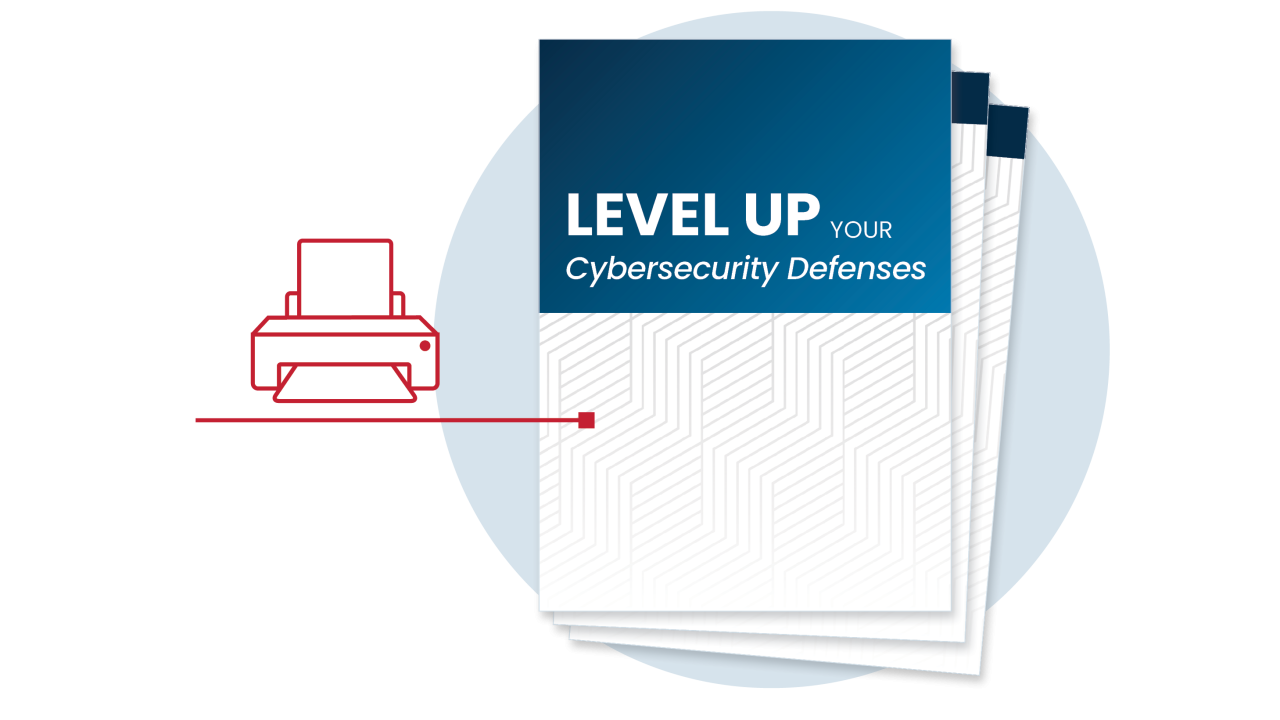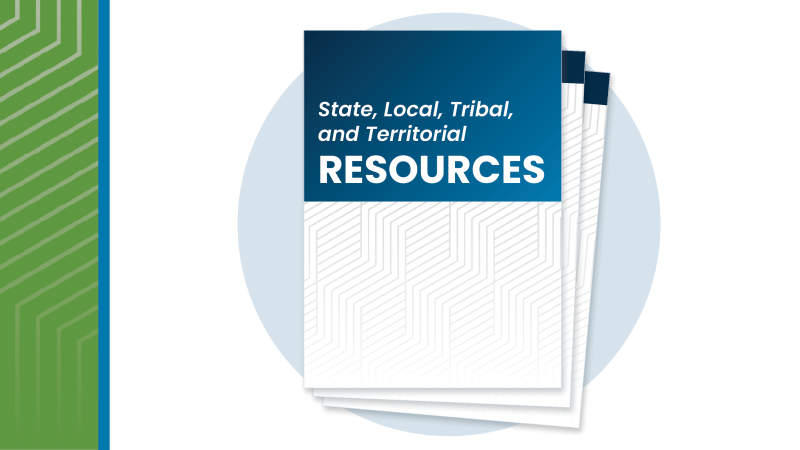
Report Cyber Incident Information to CISA
Sharing incidents with CISA protects your community—and helps defend others, too.
Help Strengthen Our Collective Defense
State, local, tribal and territorial (SLTT) governments are on the front lines of cybersecurity. Whether it’s a phishing email targeting a small-town clerk or ransomware disrupting a huge city’s emergency services, you see real threats every day.
According to Verizon’s 2025 Data Breach Investigations Report:
- System intrusion figured into 65% of breaches by external actors
- Ransomware figured into 44% of the total breaches they investigated
- Phishing figured into 43% of the specifically public sector breaches they investigated
- Exploitation of vulnerabilities is up 34% from the previous year
Reporting cyber incidents to CISA helps protect not just your organization, but others across the country. CISA can then analyze the threat, alert other SLTTs and partners and share actionable guidance to help prevent similar attacks. The sooner you report, the sooner CISA and others can act.
So please, report any cyber incident to CISA—even if you already have other reporting requirements—to help strengthen your and others’ cyber defenses.
What is cyber incident information sharing?
Cyber incident information sharing means reporting suspected or confirmed cyberattacks, system vulnerabilities or suspicious activity to CISA. In return, CISA shares threat intelligence, mitigation tips and technical assistance.
This sharing is bidirectional:
- You share: Indicators of compromise, attack methods, timelines and system impacts
- CISA shares: Alerts, threat bulletins, mitigation advice, protective measures and tools to reduce risk
Why does it matter for SLTTs?
SLTTs manage vital services—from 911 dispatch and emergency services to water treatment and public health. Yet many operate with limited cybersecurity resources, leaving them vulnerable to fast-moving and sophisticated cyber threats.
Many of these services fall under the nation’s critical infrastructure and a single breach could have cascading effects beyond one locality. For example, an attack on a city’s water treatment system or emergency dispatch center doesn’t just put data at risk; it can disrupt public health, safety and trust in government.
When you share incident information with CISA, you’re not just protecting your network. You’re helping defend interconnected infrastructure across your state, region and the nation.
Sharing incidents with CISA helps you:
- Speed up response to current threats
- Warn peers and prevent repeat attacks
- Get federal expertise, tailored guidance and technical assistance
- Contribute to national cyber defense
How to Report to CISA
You don’t need to wait for a major breach to share with CISA. Even suspected activity can be valuable.
- Report incidents early—don’t wait until full investigation
- Include relevant details like indicators of compromise (IOCs), system impacts and attacker behavior
- Designate a point of contact on your IT or emergency management team
- Ask for feedback—CISA can offer analysis and support
- Use CISA's reporting tools (see links below)
Reporting cyber incidents to CISA helps you and your community respond faster, fix vulnerabilities smarter and stay ahead of evolving threats.
Reporting incidents to CISA doesn’t replace any other reporting obligations your organization may have—such as to state agencies, Fusion Centers or the FBI—but it helps ensure that your incident information contributes to broader national awareness and protects others.

Printable Tips
Get the “Level Up Your Defenses for SLTTs” best practices in one handy, printable summary.
Report a Cyber Incident
Report Cyber Incidents to CISA
CISA provides secure means for constituents and partners to report incidents, phishing attempts, malware, and vulnerabilities.
Voluntary Cyber Incident Reporting
Learn more about why, when, what and how to report cyber incidents.
No-Cost Tools from CISA—Share with Your IT Team

Automated Indicator Sharing
Use CISA’s no-cost service to protect your organization and ultimately reduce the prevalence of cyberattacks.

State, Local, Tribal & Territorial Resources
No-cost information, resources and tools from CISA to help you defend against cyber threats.




